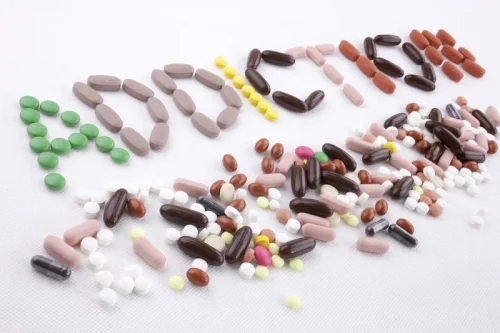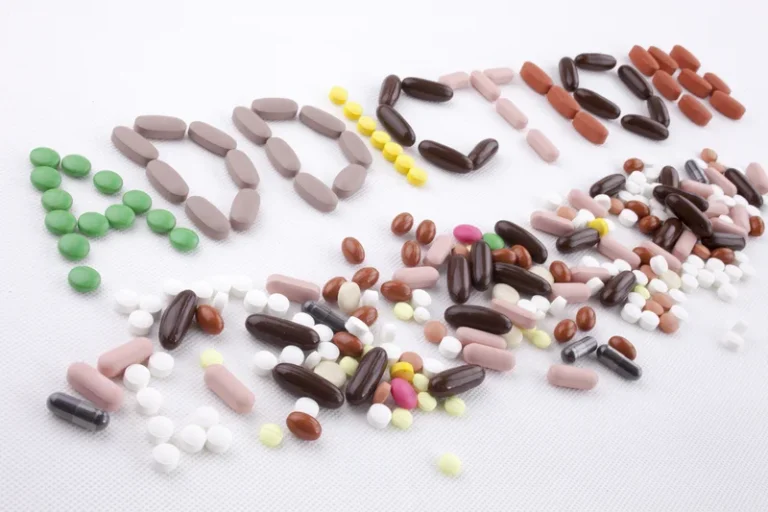
High blood pressure, or hypertension, is a leading cause of heart attack, stroke, and other cardiovascular diseases, and the relationship between blood pressure and alcohol consumption is a key factor to consider. Whether you drink alcohol occasionally, regularly, or engage in binge drinking, understanding the impact of blood pressure alcohol levels is critical for your overall health. Yes, alcohol can raise blood pressure, especially when consumed in excess.
Depression and Cleaning: How to Tackle House Cleaning if You’re Struggling

Prolonged activation of the SNS can contribute to health issues like high blood pressure. Studies have shown that a good percentage of people who drink alcohol also smoke, which can raise blood pressure as well. Your kidneys filter all the blood in your body about 40 times a day to remove waste and toxins.
Kidney Action Week begins March 3. Register today
Explore the effects of alcohol on the body and learn how to manage your blood pressure for better health. When alcohol affects blood pressure alcohol, you may notice changes in your mm Hg (millimeters of mercury) readings, especially in the top number (systolic pressure). If you experience any of these symptoms, it is essential to seek medical attention immediately. Drinking too much alcohol can cause a sudden drop in blood pressure, leading to dizziness, fainting, and even shock. Monitoring your alcohol intake and being aware of these signs can help you manage your blood pressure more effectively. The relationship between blood pressure alcohol intake and blood pressure levels depends on how much alcohol you consume.
Health Categories to Explore
White shares that newer research shows it also disrupts bp alcohol our slow-wave sleep, which is crucial for physical restoration and memory consolidation. Andrews points out that alcohol takes a toll on the immune system, leaving the body more susceptible to infections and slower healing. “Chronic drinking lowers the production of white blood cells, your body’s natural defense system, increasing the risk of illnesses like pneumonia, tuberculosis and even COVID-19 complications,” she emphasizes. “This effect has even been referred to as ‘holiday heart syndrome,’ for people who don’t usually drink much may experience it with friends or family over a holiday,” Dr. Sarraju shares. You can just feel it sometimes after you’ve had a few beers with friends or had a couple of glasses of wine at a party.
- AKF works on behalf of 1 in 7 Americans living with kidney disease, and the millions more at risk, to support people wherever they are in their fight against kidney disease — from prevention through post-transplant living.
- If you have RH, your doctor will refer you to a hypertension specialist, such as a kidney doctor (nephrologist).
- Understanding how alcohol affects blood pressure and making informed choices about your alcohol intake can reduce your risk of developing hypertension, heart attack, stroke, and other cardiovascular issues.
- ”We found participants with higher starting blood pressure readings, had a stronger link between alcohol intake and blood pressure changes over time.
- If left unaddressed, high blood pressure (hypertension) escalates the risk of heart disease, stroke, kidney problems, and other serious conditions.
- “People often drink to cope with anxiety or depression, but alcohol actually disrupts our brain chemistry, making these conditions worse long-term,” says White.
- Drinking may seem like a way to calm life’s storms, but it often adds more weight to the burdens we’re trying to lighten.
- If you experience any of these symptoms, it is essential to seek medical attention immediately.
- Andrews expresses that this sets the stage for fatty liver disease, alcoholic hepatitis and, in the worst-case scenario, cirrhosis — where the liver is scarred beyond repair and its ability to function goes downhill.
- Get instant access to members-only products, hundreds of discounts, a free second membership, and a subscription to AARP the Magazine.
When consumed, ethanol is quickly absorbed in the stomach and small intestine, entering the bloodstream and traveling to organs, including the brain. There, it exerts a depressant effect, influencing mood, motor skills, and cognition. Meanwhile, it also impacts the body’s regulatory systems for vascular tone, fluid balance, and hormone release.

There have been several reports on the association between alcohol consumption and diurnal BP changes, which are introduced below. Take control of your health today by monitoring your drinking habits, staying within recommended limits, and prioritizing a lifestyle that supports heart health. Every small change can lead to significant long-term benefits for your cardiovascular system and overall well-being. Understanding how alcohol affects blood pressure and making informed choices about your alcohol intake can reduce your risk of developing hypertension, heart attack, stroke, and other cardiovascular issues. Drinking more than three drinks in one day or heavy alcohol use over time significantly raises blood pressure alcohol levels. Alcohol can affect blood pressure alcohol in both the short and long term.

Her work has appeared in Women’s Health, Men’s Health and Reader’s Digest.Dr. Merle Myerson is a board-certified cardiologist with specialties in sports medicine, lipids, women’s health and prevention of cardiovascular disease. “Some of the new diabetes medications have a diuretic effect, and that could cause dehydration” in people with diabetes, Vaishnava says. Research shows that regular use of acetaminophen can raise blood pressure, as can Alcoholics Anonymous nonsteroidal anti-inflammatory drugs (NSAIDs), including ibuprofen and naproxen.